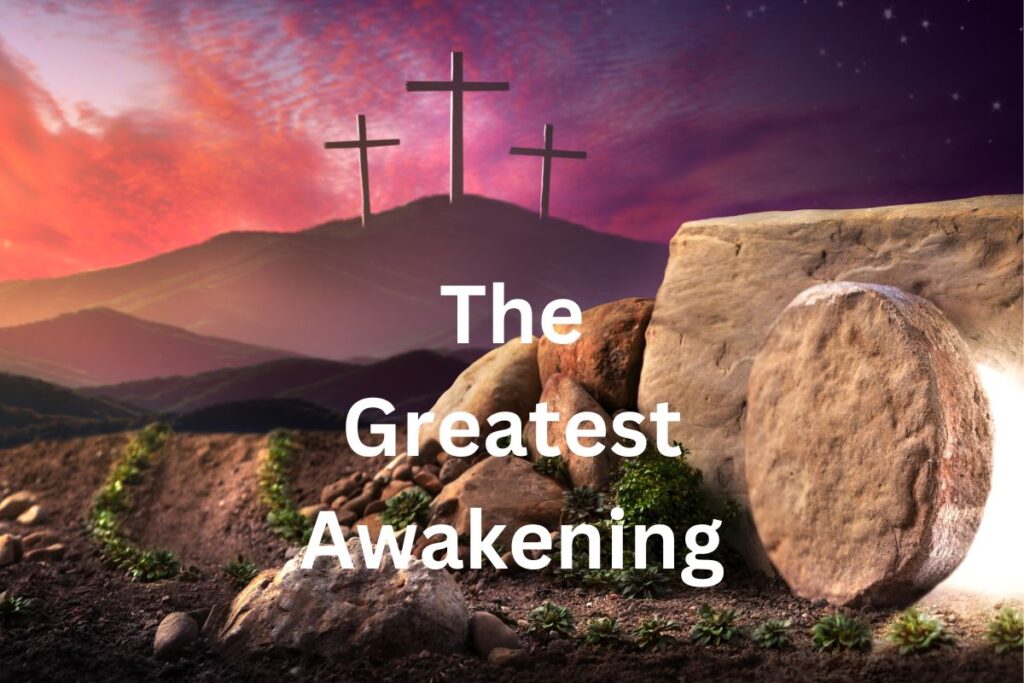Recently, I have been reading a book by Anne Hamilton about the identity, destiny, power and purpose that has been prophetically breathed into our names. The book is God’s Poetry, The Identity & Destiny Encoded in Your Name, and it has given me a lot to think about. I thought you might enjoy some of the beautiful pieces that I have gleaned.
On his way up a mountain, a shepherd noticed a bush burning away without being reduced to ashes. As he stopped to investigate, he became involved in a conversation that changed his life. When the shepherd came back down the mountain, charged with the task of liberating an entire people, he clearly wondered, “Why me?” In many respects the answer was simple. The identity of Moses was all about his name. Eighty years previously, a baby had been found hidden in the reeds of the River Nile by Pharaoh’s daughter as she went to bathe. Naming the child ‘Moses’, drawn from the water, she spoke out his destiny. His purpose would only truly be fulfilled when God had drawn to himself a people from the waters of the rolled-back sea. The destiny of Moses, along with his identity, was written in his name.
For we are His workmanship, created in Christ Jesus for good works, which God prepared beforehand that we should walk in them. (Ephesians 2:10, NKJV)
The Greek word which is translated workmanship comes from ‘poeo’,
poem. We are God’s poems. Many theologians would like us to believe that this is merely a metaphor: a pretty phrase describing the transformation God works in our lives. But this is a failure to understand the Hebrew thought behind the Greek word: the One who fashioned the universe through words is an author. We’re told He is the author and perfecter of our faith. Through the Word made flesh, He crafts us into shimmering starlit verses, editing out sin and shaping us into a flawless poem. Until we recognize we too are word made flesh, the true meaning of life will elude us.
Names are far more than the short snappy descriptions found in online collections or baby-name books. The definitions given in those places are little more than labels. Instead of giving us the lyrics of a song, they are mere sound-bytes. Their full meaning is, as Owen Barfield said, found in ‘flashing, iridescent shapes like flames.’ Only by looking closely at the sources of these definitions and digging carefully around the root system of words can we expose deeper- and often unexpected- meaning.
Throughout the ancient world, naming was a sacred act and a holy trust. The answer to “What is the meaning of my life?” didn’t involve the restless search that it does for many people today. For the Hebrews, names provided a direct link with the Creator. They understood words as being the creative fire of God.
Steps in Pursuit
- Explore the different meanings of your names. Even variations hold significant details.
- Take some time to thank God for your name and to redeem anything negative that has been associated with it.
- Who are other’s throughout history that have had your name? What did they accomplish in life? Do you recognize any patterns or similarities with the interests that you have?
Names simply cannot be summarized in one or two words. They are songs and stories, symphonies and sagas. Your name is a story: it is the treasure in which the story of your life lies hidden, dreaming.
I will give you the treasures of darkness and riches hidden in secret places, so that you may know that it is I, the Lord, the God of Israel, who call you by your name. (Isaiah 45:3, NRS)
Continue the Pursuit,
Denise






